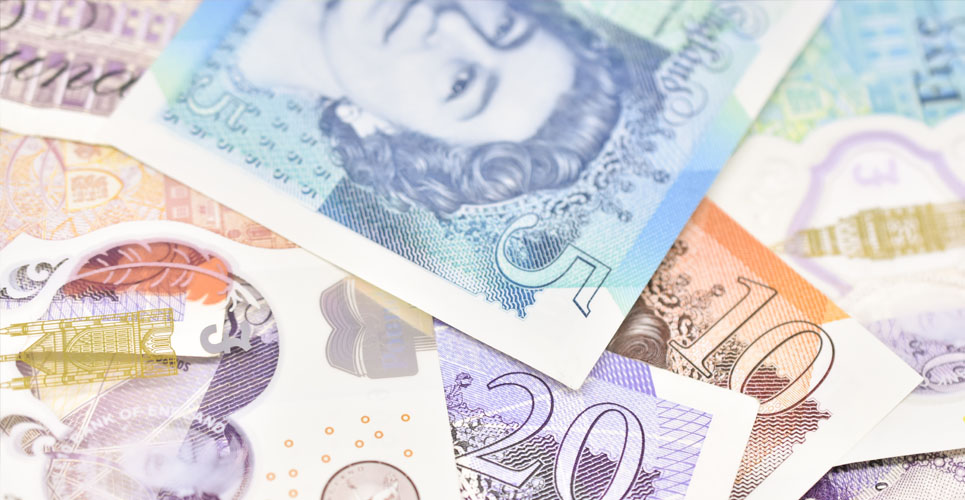teaser
A government scheme to buy multiple sclerosis drugs whose effectiveness was unproven for use in the NHS has been a “costly failure”, according to experts.
The deal to pay for the drugs was set up between the Government and drug firms after the the National Institute for Health and Clinical Excellence (Nice) deemed the set of MS medicines too expensive and questioned their effectiveness.
In the “risk-sharing scheme”, the Government agreed to stump up for drugs while research was carried out to assess their long-term cost effectiveness, but the NHS would stop paying for the drugs if patients did not appear to be benefiting.
Health experts said the NHS could have saved £250 million if the scheme had been properly assessed after two years and this money could have been better spent on other treatments.
The scheme was set up in 2002 and allowed to run for seven years until 2009, when data was published showing patients were performing less well than predicted.
A total of 5,583 patients have received one or more treatments, costing in the region of £350 million.
Despite a lack of convincing evidence of benefit, a scientific advisory group reporting to the Government has said it would be premature to reduce prices without further analysis.
Writing online in the British Medical Journal (BMJ), experts led by Professor Christopher McCabe, a health economist at the University of Leeds, questioned this decision, saying none of the arguments stand up.
Other, similar types of schemes are up and running to bring more drugs to NHS patients.
Copyright Press Association 2010
British Medical Journal

